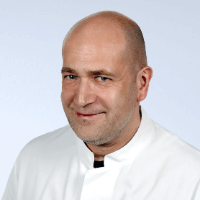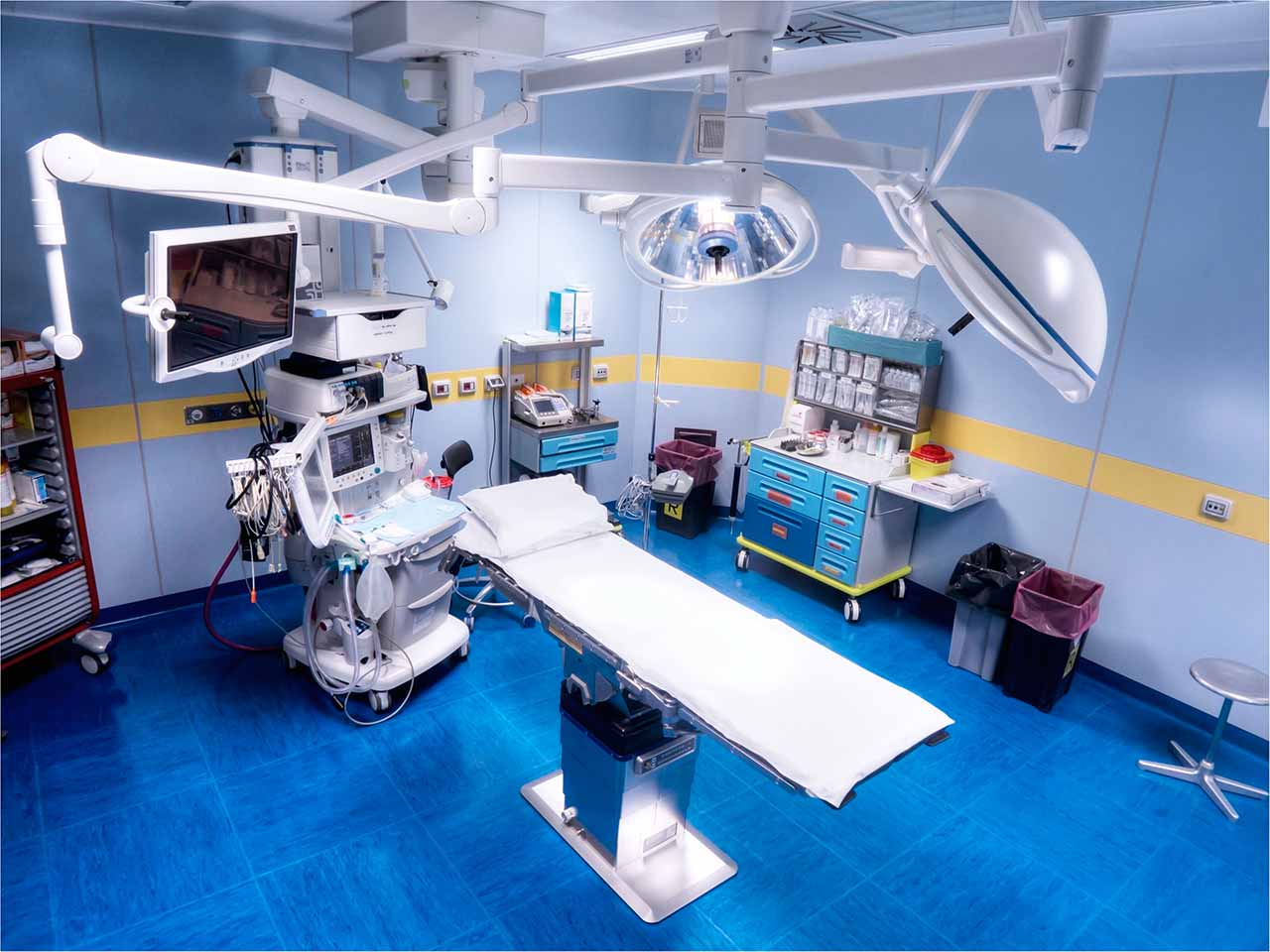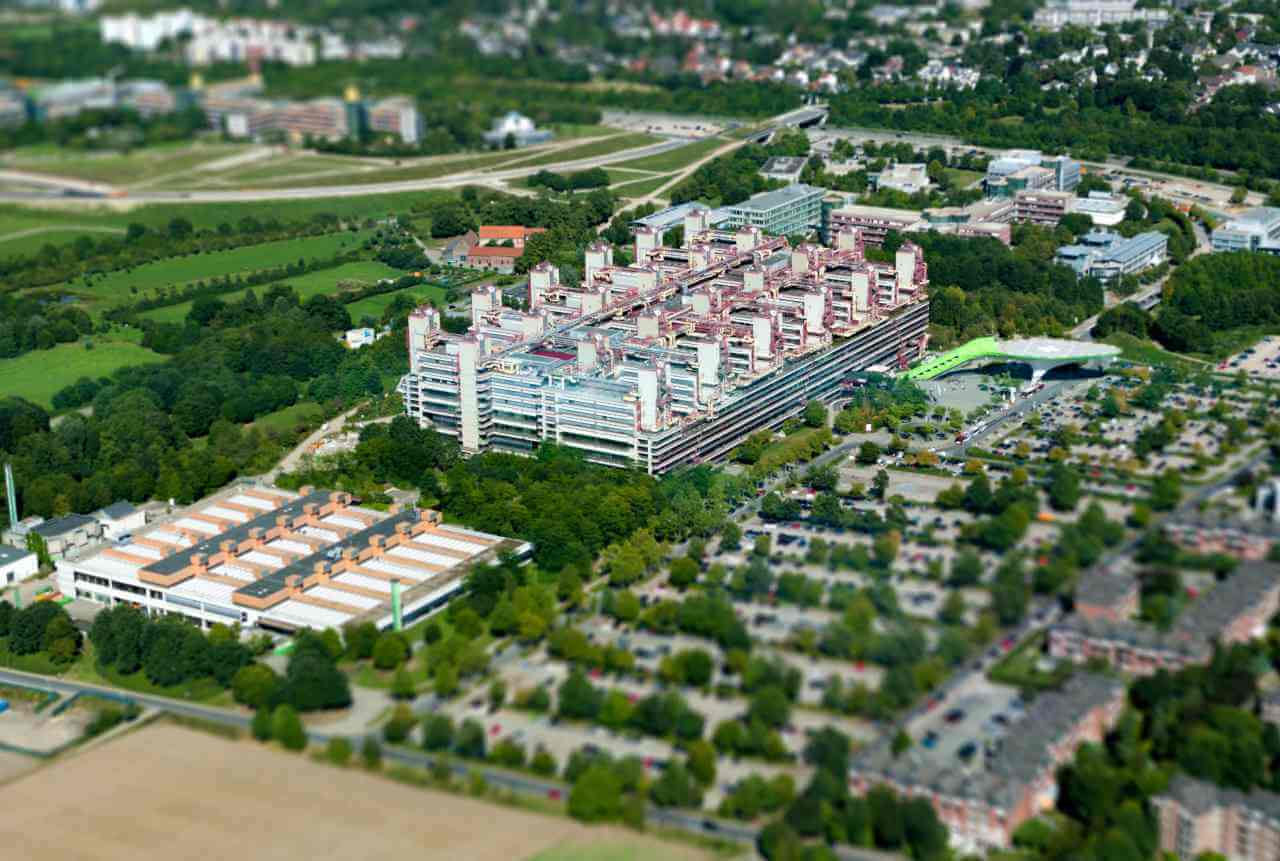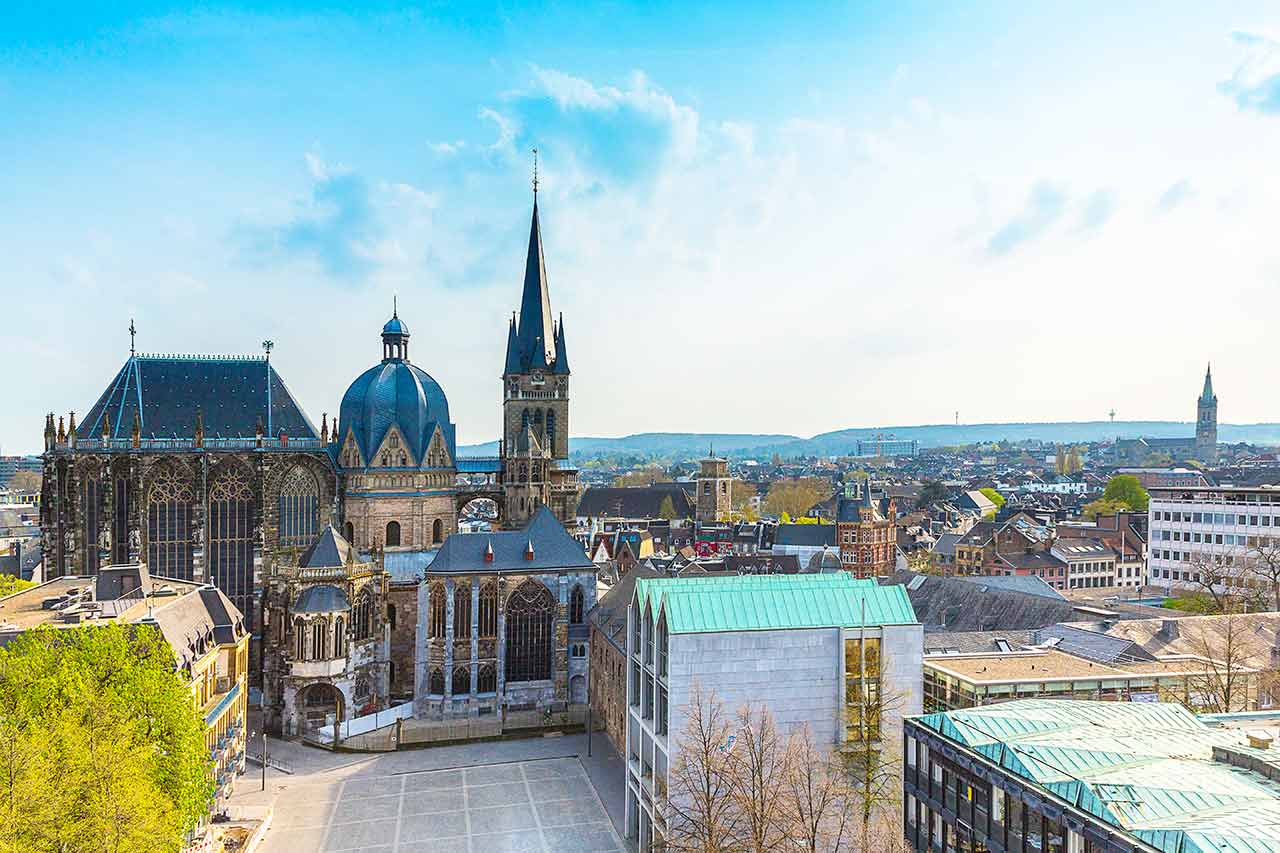
The program includes:
- Initial presentation in the clinic
- clinical history taking
- review of medical records
- physical examination
- laboratory tests:
- complete blood count
- general urine analysis
- biochemical analysis of blood
- inflammation indicators (CRP, ESR)
- indicators of blood coagulation
- TSH, fT3, fT4
- neurological examination
- CT/MRI scan of the head
- stereotactic radiosurgery
- nursing services
- consultations of related specialists
- treatment by chief physician and leading experts
- explanation of individual treatment plan
How program is carried out
During the first visit, the physician will conduct a clinical examination and go through the results of previous laboratory tests and instrumental examinations. After that, you will undergo an additional examination, including complete blood count, laboratory assessment of liver and kidney function, and neurological tests. This will be followed by MRI/CT treatment planning. Before making the MRI/CT scan, a stereotaxic frame will be fixed on your head. It is a lightweight non-metallic mesh that prevents the head from moving during the preliminary tomography and subsequent treatment with the Gamma Knife. It also allows physicians to determine the location of the neuroma accurately. Based on the results of the diagnostic MRI/CT scan, physicians will develop an individual program of Gamma Knife therapy.
Gamma Knife treatment is carried out as the day hospital procedure, without mandatory admission to the hospital. You will be placed on a special couch with the already familiar stereotaxic head frame (this time it is used for precise focusing of the Gamma Knife beam). After that, the couch will move under the arch of the Gamma Knife device.
The procedure is completely painless. During the session, you will stay under the constant supervision of the medical personnel. If necessary, you will be able to communicate through the built-in microphone. The duration of the procedure is from 15 to 60 minutes, depending on the location and size of the neuroma.
After completing the procedure, the physician will remove the stereotaxic head frame and assess your general condition.
After the completion of the Gamma Knife treatment, you will receive the medical report with detailed recommendations regarding further follow-up. You can leave the hospital on the day of your procedure. In the future, you can contact the physician to plan additional treatment, if necessary.
Required documents
- Medical records
- MRI/CT scan (not older than 3 months)
- Biopsy results (if available)
Service
You may also book:
 BookingHealth Price from:
BookingHealth Price from:
About the department
The Gamma Knife Center University Hospital RWTH Aachen specializes in cancer treatment. The medical facility was founded in July 1998 and currently has the status of one of the most respected and experienced in the field of its specialization. The patients are treated in close collaboration with experts in neurosurgery and nuclear medicine. For all the years of their clinical practice, the center's doctors have cured thousands of patients with cancer pathologies of varying severity. The department is headed by Dr. med. Georg Neuloh.
The researches show that the use of Gamma Knife in 90% of cases gives satisfactory results. The radiosurgical intervention in the treatment of meningioma is considered successful in case of cessation of growth or reduction of the tumor, which occurs during the examinations in the course of treatment. The recent examinations also show that Gamma Knife therapy in multiple (several) metastases leads to similar survival rates as for single metastases, which could only be treated using craniotomy, namely surgical removal. Radiosurgery does not require large expenses in comparison with craniotomy and in comparison with the costs due to complications after surgery, Gamma Knife radiosurgery is an ideal method for the treatment of most intracranial metastases.
The first stage of treatment is a thorough diagnostics and the development of an optimal treatment plan. Prior to the procedure, the patient is placed on a special couch with a fixed stereotactic frame. Once the procedure has started, the couch will move to the dome-shaped section of the device. During the session, the patient is awake and can communicate with the operator of the Gamma Knife via an audio channel. The treatment is painless. During the treatment, the patient is under constant video and audio control. Depending on the volume of the pathological neoplasm, as well as its size and shape, the treatment can last from a few minutes to an hour or more.
After the treatment completion, the doctor will remove the stereotactic frame from the patient's head. In some patients, small swelling of soft tissues may be observed at the attachment point of the frame. Minor headache is also possible. Depending on the patient's condition, he remains in the hospital or may go home on the day of the procedure. The treatment effect will appear over time. When the effect of radiation on the tumor causes the cessation of its further growth, the effect will be noticeable within a few weeks or months. In order to monitor the treatment effectiveness, such examinations as MRI, CT or angiography will be required.
Gamma Knife therapy is effective for the following pathologies:
- Brain tumors
- Meningiomas
- Pituitary adenoma
- Acoustic neuroma (vestibular schwannoma)
- Craniopharyngioma
- Gliomas
- Chordomas
- Neuromas
- Pinealomas
- Germinomas
- Hemangioblastomas
- Hemangiopericytomas
- Glomus tumors
- Brain metastases
- Vascular brain diseases (for example, arteriovenous malformations, cavernomas, hemangiomas)
- Trigeminal neuralgia
- Other diseases
Photo of the doctor: (c) Uniklinik RWTH Aachen
About hospital
According to the prestigious Focus magazine, the University Hospital RWTH Aachen ranks among the top German hospitals!
As a maximum care university medical facility, the hospital guarantees patients first-class medical services combined with a respectful and human attitude. The hospital integrates all the modern options for the accurate diagnostics, effective therapy and productive research activities within one specialized center.
The hospital has more than 60 departments, institutes and interdisciplinary centers. A competent team of professionals, consisting of more than 7,000 employees (more than 940 doctors, including about 95 professors), takes care of the patients' health. In addition, multidisciplinary teams of nurses, physiotherapists, as well as medical and technical staff are available here. The patients and respectful attitude to their social, cultural and religious affiliations are at the center of all employees' efforts.
The cornerstone of the successful clinical practice is the innovative technical base. The hospital offers the most advanced diagnostic and therapeutic equipment. Thus, the hospital has all the resources in order to provide top-class medical services.
Photo: (с) depositphotos
Accommodation in hospital
Patients rooms
The patients of the University Hospital RWTH Aachen live in comfortable single and double rooms. All patient rooms are designed with large windows, so one can enjoy a beautiful landscape view. Each patient room has an ensuite bathroom. The standard room furnishing includes an automatically adjustable bed, a bedside table, a spacious wardrobe, a TV, a radio and a telephone. Also, there is Wi-Fi access.
Meals and Menus
The patient and his accompanying person have a daily choice of three menus. If for any reason you do not eat all the foods, you will be offered an individual menu. Please inform the medical staff about your dietary preferences prior to the treatment.
Further details
Standard rooms include:
Religion
Religious services are available upon request.
Accompanying person
During the inpatient program, an accompanying person may stay with you in a patient room or at the hotel of your choice.
Hotel
During the outpatient program, you can live at a hotel of your choice. Managers will help you to choose the most suitable options.
The hospital offers a full range of laboratory tests (general, hormonal, tests for infections, antibodies, tumor markers, etc.), genetic tests, various modifications of ultrasound scans, CT scans, MRI and PET / CT, angiography, myelography, biopsy and other examinations. Treatment with medications, endoscopic and robotic operations, stereotaxic interventions is carried out here, modern types of radiation therapy are also used. The hospital offers patients all the necessary therapeutic techniques.
- Embolization of tumors and vascular malformations
- Aortic surgery, including in children
- Radiosurgical interventions in the head and body region
- Cochlear implantation
- Treatment of all types of sports injuries
These are pathologies of the brain and spinal cord, benign and malignant tumors of various localizations, congenital and acquired heart defects, joint pathologies, stroke, neurodegenerative diseases, eye injuries, inflammatory skin diseases, allergies and other pathologies.
- Oncology (EU Regional Center for Comprehensive Cancer Care Aachen)
- Pediatric cardiac surgery
- General and abdominal surgery
- Plastic and burn surgery
- Pediatric and adolescent medicine
Over 940 highly qualified doctors work at the hospital.





